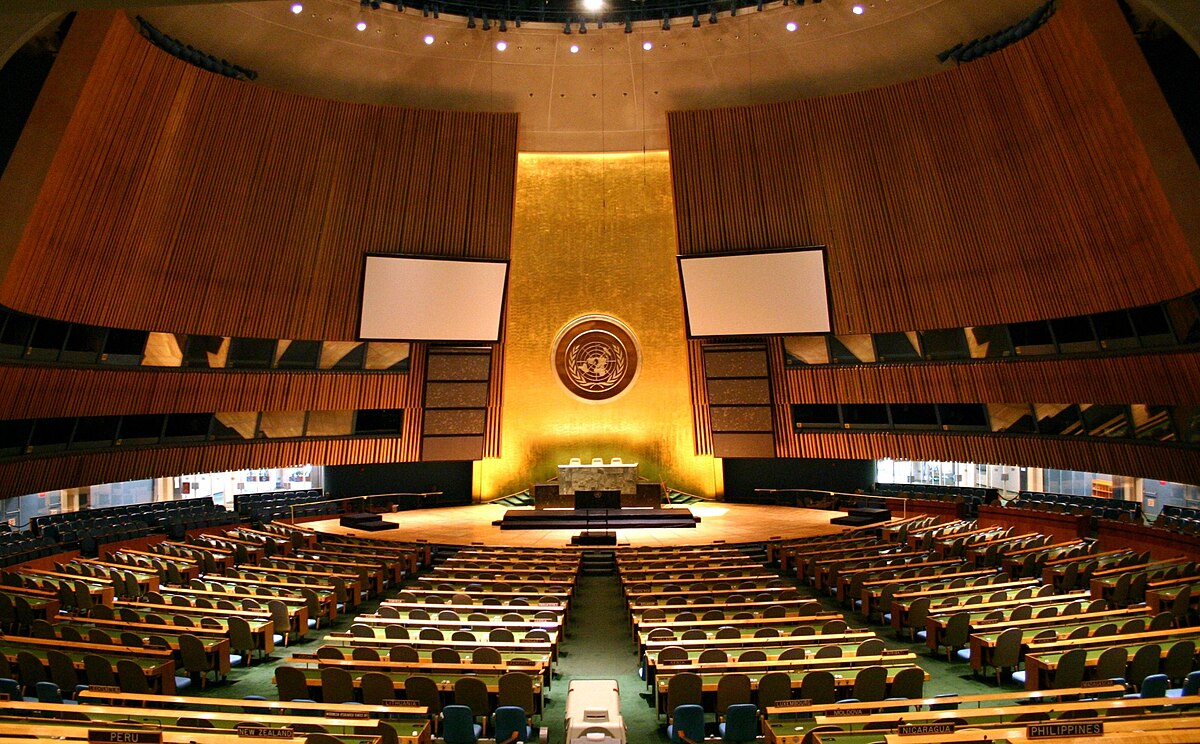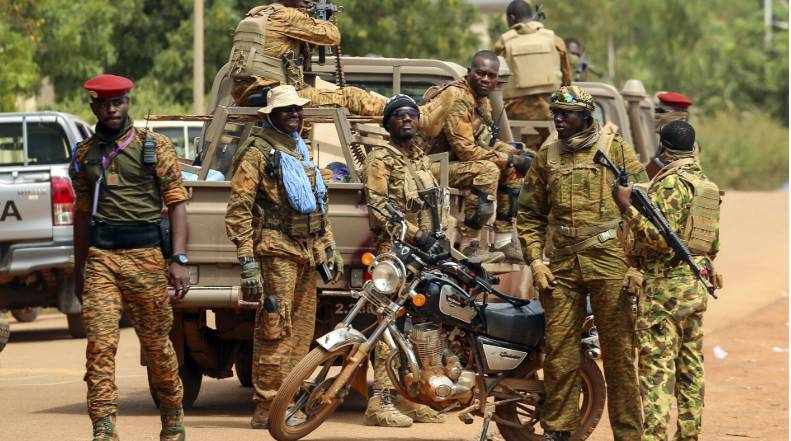
The predilection of hospitals for refusing to treat traumatized accident victims until police report is obtained has always put the lives of victims in danger and it is a welcome development that the police authorities are giving the new order consideration to collective humanity by giving the health institution the order to save lives first.
While acknowledging that the fear of being implicated by the police makes hospitals refuse treating unfortunate accident victims or people with gun shot wounds on account of the possibility of crime being the cause, the police force is being reasonable by enjoining members of the public, including medical personnel, to attend to such victims and thereafter, inform the police for necessary action.
Not long ago, the Federal Roads Safety Commission (FRSC), also announced that it would, henceforth, prosecute hospitals that reject accident victims brought by its patrol teams. The frustration of the FRSC stemmed from the difficulty of getting help for traumatized accident victims who need urgent medical attention. If anything, whatever consideration may have informed the practice of rejecting patients with gunshot wounds, it is a pathetic admission that in Nigeria, the dignity due human life is often denied.
Whereas the law mandates the FRSC to rescue accident victims, administer First Aid and take such to the nearest hospital or medical facility for proper medical attention, the law is silent on who foots the bill, especially, if the victim dies. Members of the public face the same predicament as a traumatized victim can’t negotiate his own treatment at a most critical moment, leading to a situation in which such victims hardly get help when most needed.
So, apart from being implicated by the police, most hospitals refuse accident victims purely on the basis of payment of cost incurred. All hospitals in the country, including the General Hospitals operate on cash payment basis. While a proverbial good Samaritan might be altruistic to pay the hospital bills of a vehicle accident victim or any other traumatized person, the FRSC which has the statutory duty to rescue such persons is often in a dilemma over payment once it manages to get a hospital for the patient. And the hospitals, especially, private ones would ever hardly administer treatment free of charge.
Therefore, it is not just enough to mandate hospitals to treat accident and gunshot victims without the state making provision for the settlement of the bills thereafter, especially, in a system that has no functional health insurance cover for the citizenry.
The way out is to amend the FRSC Act and make definite financial provisions for accident and gunshot victims so that payment of medical bills is guaranteed for the hospitals which accept such victims for treatment. Additionally, the national health insurance scheme should be rescued from its current opaque state and made functional to cover all citizens.
By their professional calling, doctors have a duty to save lives but the issue of police harassment when victims are treated without police report cannot be overemphasized and it is a veritable ground for hospitals to turn back accident or gunshot victims even when such are innocent persons in need of the greatest help. It is therefore heartening that the police authorities have announced this change and hope is that many lives will thus be saved.
Henceforth, hospitals need not make police report a requirement before treatment. There is no law in the country that bars hospitals or any medical officer from treating victims or persons with gunshot wounds.
There may, of course, be a need for a law to protect medical officers who obey their professional calling to treat injured persons irrespective of the cause. Meanwhile, the latest order from the police is a good starting point to a better appreciation of the human life.





